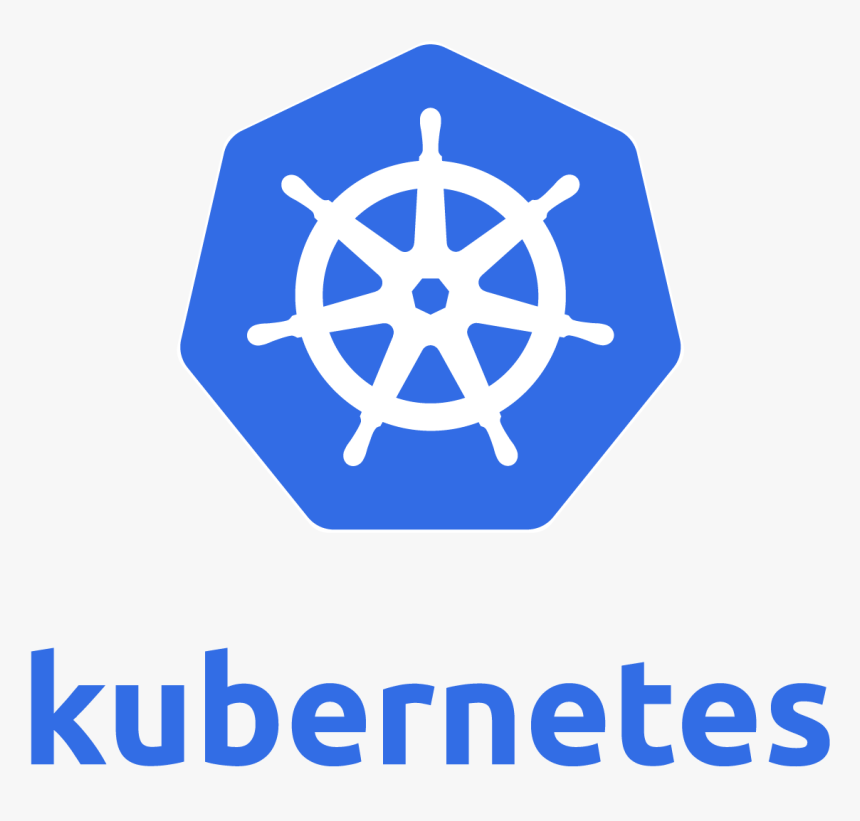
在 Kubernetes (簡稱 k8s) 中,Service Endpoint(服務終端點)是一個抽象的概念,代表著一個服務的網絡位置。它是一個內部或外部的 IP 地址,可以用來訪問運行在 Kubernetes 集群中的應用程序服務。而如何在 Kubernetes 中列出 Service 下的所有 Pod 呢?這篇文章將會介紹如何使用 kubectl 來列出 Service 下的所有 Pod。
準備環境
在開始之前,我們需要先準備好 k8s 的環境,這邊我們使用 minikube 來建立一個 k8s 的環境,並且使用 kubectl 來管理 k8s 的資源。底下我們先來建立 Nginx Pods。
1
2
3
4
5
6
7
8
9
10
11
12
13
14
15
16
17
18
| apiVersion: v1
kind: Pod
metadata:
name: nginx
namespace: default
labels:
app: nginx
spec:
containers:
- image: nginx:latest
name: nginx
resources:
requests:
memory: "64Mi"
cpu: "250m"
limits:
memory: "128Mi"
cpu: "500m"
|
除了建立 Pods 之外,我們也用 Deployment 來管理 Pods。
1
2
3
4
5
6
7
8
9
10
11
12
13
14
15
16
17
18
19
20
21
22
23
24
25
26
27
28
29
30
31
32
33
34
| apiVersion: apps/v1
kind: Deployment
metadata:
name: nginx
labels:
app: nginx
spec:
replicas: 2
selector:
matchLabels:
app: nginx
strategy:
type: RollingUpdate
rollingUpdate:
maxSurge: 2
maxUnavailable: 1
minReadySeconds: 5
template:
metadata:
labels:
app: nginx
spec:
containers:
- image: nginx:latest
name: nginx
ports:
- containerPort: 80
resources:
requests:
memory: "64Mi"
cpu: "250m"
limits:
memory: "128Mi"
cpu: "500m"
|
建立完成之後,我們可以使用 kubectl get pods --show-labels 來查看目前的 Pods 狀態。
1
2
3
4
| NAME READY STATUS RESTARTS AGE LABELS
nginx 1/1 Running 0 5h40m app=nginx
nginx-6d7c8c89f7-rrszr 1/1 Running 0 5h7m app=nginx,pod-template-hash=6d7c8c89f7
nginx-6d7c8c89f7-n2n6c 1/1 Running 0 5h7m app=nginx,pod-template-hash=6d7c8c89f7
|
最後建立兩個 Service (NodePort + Cluster) 來對應到 Nginx Pods。
1
2
3
4
5
6
7
8
9
10
11
12
13
14
15
16
17
18
19
20
21
22
23
24
25
26
27
| apiVersion: v1
kind: Service
metadata:
name: nginx
spec:
selector:
app: nginx
ports:
- name: http
protocol: TCP
port: 3000
targetPort: 80
---
apiVersion: v1
kind: Service
metadata:
name: nginx-nodeport
spec:
type: NodePort
selector:
app: nginx
ports:
- name: http
protocol: TCP
port: 8080
targetPort: 80
|
建立完成之後,我們可以使用 kubectl get svc -o wide 來查看目前的 Service 狀態。
1
2
3
4
| NAME TYPE CLUSTER-IP EXTERNAL-IP PORT(S) AGE SELECTOR
kubernetes ClusterIP 10.43.0.1 <none> 443/TCP 5h49m <none>
nginx ClusterIP 10.43.61.137 <none> 3000/TCP 5h41m app=nginx
nginx-nodeport NodePort 10.43.51.4 <none> 8080:30140/TCP 5h41m app=nginx
|
列出 Service 下的所有 Pod
先列出目前所有 Service 的 Endpoint。(kubectl get endpoints)
1
2
3
4
| NAME ENDPOINTS AGE
kubernetes 192.168.5.15:6443 5h51m
nginx-nodeport 172.17.0.6:80,172.17.0.7:80,172.17.0.9:80 5h44m
nginx 172.17.0.6:80,172.17.0.7:80,172.17.0.9:80 5h44m
|
從上面結果看到 nginx 對應到三個 Pod,而 nginx-nodeport 也對應到三個 Pod,這邊我們可以使用 kubectl get endpoints nginx -o yaml 來查看詳細的資訊。
1
2
3
4
5
6
7
8
9
10
11
12
13
14
15
16
17
18
19
20
21
22
23
24
25
26
27
28
29
30
31
32
33
34
35
| apiVersion: v1
kind: Endpoints
metadata:
creationTimestamp: "2023-05-21T07:15:41Z"
name: nginx
namespace: default
resourceVersion: "1164"
uid: 686d68e6-a58b-4a12-a2d4-0f4ea88b9b56
subsets:
- addresses:
- ip: 172.17.0.6
nodeName: colima
targetRef:
kind: Pod
name: nginx
namespace: default
uid: e717d901-4319-4ea6-b33d-31dff7c79549
- ip: 172.17.0.7
nodeName: colima
targetRef:
kind: Pod
name: nginx-6d7c8c89f7-n2n6c
namespace: default
uid: b6e7c74c-3d1f-494e-b05d-9242e367cfe3
- ip: 172.17.0.9
nodeName: colima
targetRef:
kind: Pod
name: nginx-6d7c8c89f7-rrszr
namespace: default
uid: 7528bfd6-d6dd-4557-873f-6f8ed9b9ebd4
ports:
- name: http
port: 80
protocol: TCP
|
我們該如何從上面的資訊找到所有 Pod 的 Name 呢?這邊我們可以使用 kubectl get endpoints nginx -o jsonpath='{.subsets[*].addresses[*].targetRef.name}' 來取得所有 Pod 的 Name。
1
2
| $ kubectl get endpoints nginx -o jsonpath='{.subsets[*].addresses[*].targetRef.name}'
nginx nginx-6d7c8c89f7-n2n6c nginx-6d7c8c89f7-rrszr
|
最後我們把上述輸出的結果放到 kubectl get pods 來查看詳細的 Pod 資訊。
1
| kubectl get pods nginx nginx-6d7c8c89f7-n2n6c nginx-6d7c8c89f7-rrszr
|
用一個指令完成上述步驟。
1
2
3
4
| kubectl get pods $(kubectl get endpoints nginx -o jsonpath='{.subsets[*].addresses[*].targetRef.name}')
# or
kubectl get endpoints nginx -o jsonpath='{.subsets[*].addresses[*].targetRef.name}' \
| xargs kubectl get pods -o wide
|